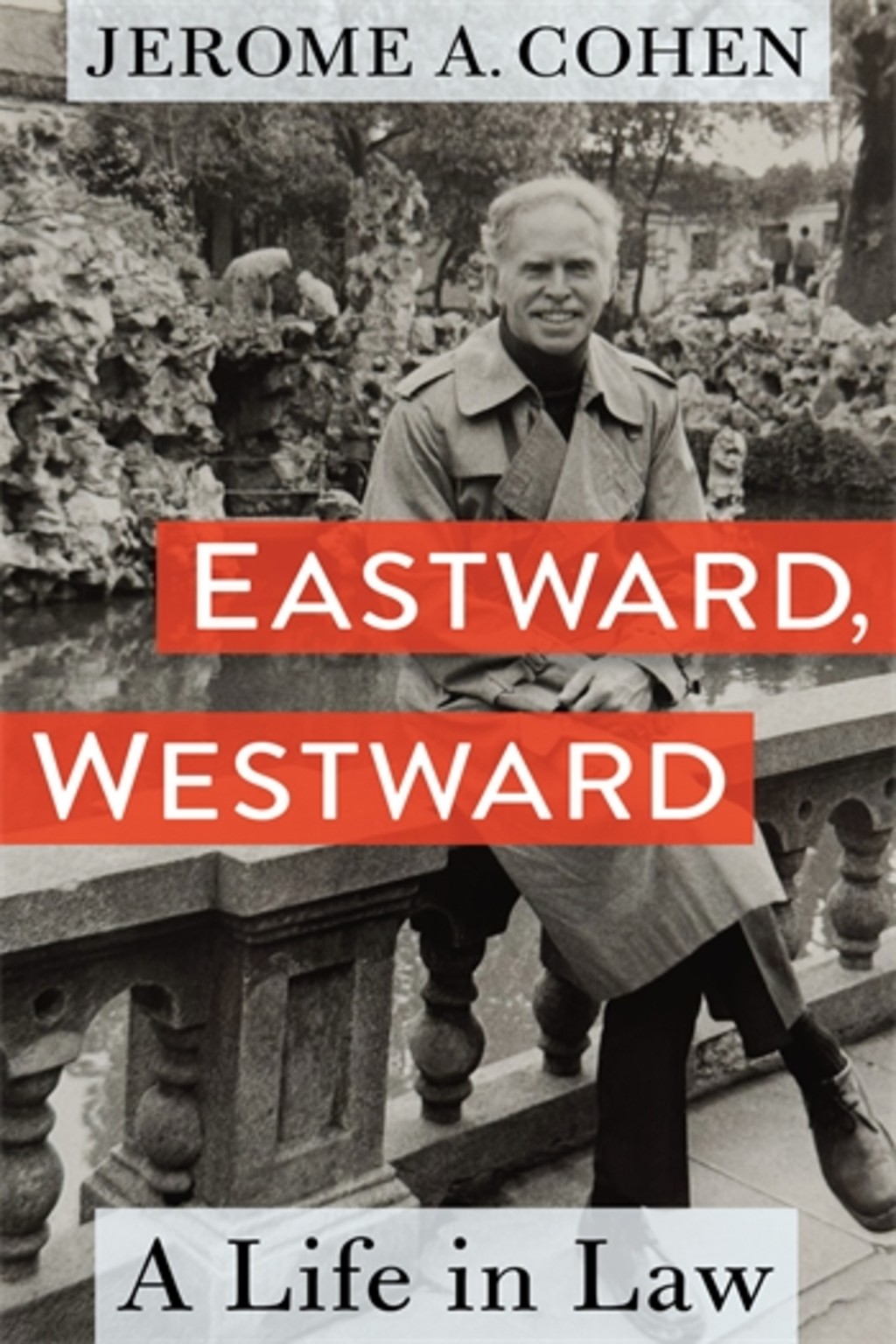Eastward, Westward
A Life in Law

- Publisher
- Columbia University Press
- Release Date
- March 2025
- Pages
- 384
- ISBN
- 9780231215923
Few Americans have done more than Jerome A. Cohen to advance the rule of law in East Asia. The founder of the study of Chinese law in the United States and a tireless advocate for human rights, Cohen has been a scholar, teacher, lawyer, and activist for more than sixty years. Moving among the United States, China, and Taiwan, he has encouraged legal reforms, promoted economic cooperation, mentored law students—including a future president of Taiwan—and brokered international crises.
In this compelling, conversational memoir, Cohen recounts a dramatic life of striving for a better world from Washington, DC, to Beijing, offering vital first-hand insights from the study and practice of Sino-American relations. In the early 1960s, when Americans were not permitted to enter China, he met with émigrés in Hong Kong and interviewed them on Chinese criminal procedure. After economic reform under Deng Xiaoping, Cohen’s knowledge of Chinese law took on a new importance as foreign companies began to pursue business opportunities. Helping China develop and reconstruct its legal system, he made an influential case for the roles of Western law and lawyers. Cohen helped break political barriers in both China and Taiwan, and he was instrumental in securing the release of political prisoners in several countries. Sharing these experiences and many others, this book tells the full story of an unparalleled career bridging East and West.
Reviews and Endorsements
Jerome A. Cohen has been the doyen of global studies of the law and politics of China and wider East Asia for more than half a century. International legal scholarship on China has been shaped by his work—not only his seminal writings but also his role as a larger-than-life figure central to transnational academic activities, legal practice, diplomacy, and civil society work engaging with China. Future generations of scholars will turn to this work to understand how China’s legal political system and international and transnational relations evolved.
Eva Pils, author of Human Rights in China: A Social Practice in the Shadows of Authoritarianism
Cohen is a raconteur with a sharp memory for detail. This memoir provides a behind-the-scenes look at a critical moment in U.S.-China interactions as well as a frank, straightforward account of a distinguished career.
Andrew J. Nathan, coauthor of China’s Influence and the Center-periphery Tug of War in Hong Kong, Taiwan and Indo-Pacific